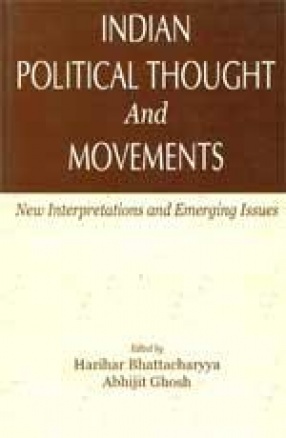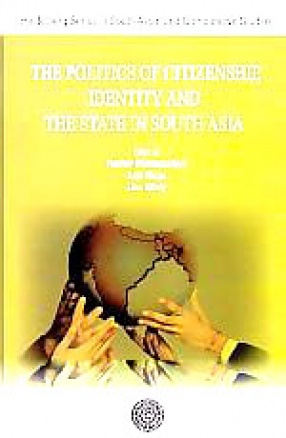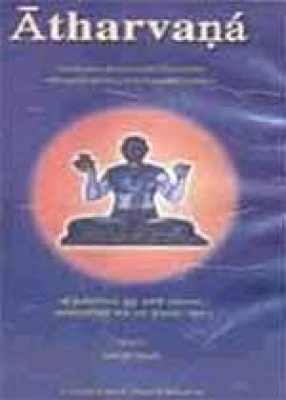Indian Political Thought and Movement: New Interpretations and Emerging Issues
Synopsis
The tradition of political thinking in India is rich, varied, and complex. The ancientness of the civilization, its capacity for accommodation of various foreign elements in the making of a composite culture, and the very complex political evolution due to foreign invasions, more particularly the British colonial rule for about two centuries, have been factors that have given it richness, variety and complexity. Although the subject has recently been introduced as a course in both under-graduate and post-graduate levels of studies in various universities in India, it still remains largely neglected in serious social and political probing in India. A context-bound approach has tended to analyze the tradition of political thought as part of understanding the anti-colonial liberation movements. This study recognizes the dialectic of movement and thought, but goes beyond in arguing that Indian political thought should not be imprisoned within the four walls of the national liberation movements, but taken further to reflect on the burning issues of the day in post-independence period such as religious fundamentalism, communalism, nationhood, national security, civil society, rights, self-government, development, empowerment of women and so on. Rather than treating it as a subject that belongs to the past, this study provides new interpretations of some Indian political ideas, and highlights the contemporary relevance of the same. Although the focus has been on the modern period, the subject has been placed in the overall intellectual landscape of the ancient Indian political thought too. The second part of the volume has dealt with movements, old (peasants, communist, co-operative, and middle class white-collar), and new, and the issues of civil society and empowerment, especially of women, and the role of post-colonial policy, and the implications of its transformation into 'community-policing' for democracy. The twenty-one original essays collected in the volume are a testimony not only to the distinctive route of a colonial country's entry into modernity, historically speaking, but also the inner strength and weakness of the challenges posed against newer forms of domination in the age of globalization. The book should be of interest to students and researchers of Political Science, Sociology, Political Sociology, Modern Indian History, Comparative Social History and Movements, Indian Political Thought, and general interested readers.
Read more
25.20
22.68
$
28.00 $
Free delivery Wolrdwidе in 10-18 days
Ships in 2-4 days from New Delhi
Membership for 1 Year $35.00
Get it now and save 10%
Get it now and save 10%
BECOME A MEMBER
Books by the same authors









Bibliographic information
Abhijit Ghosh